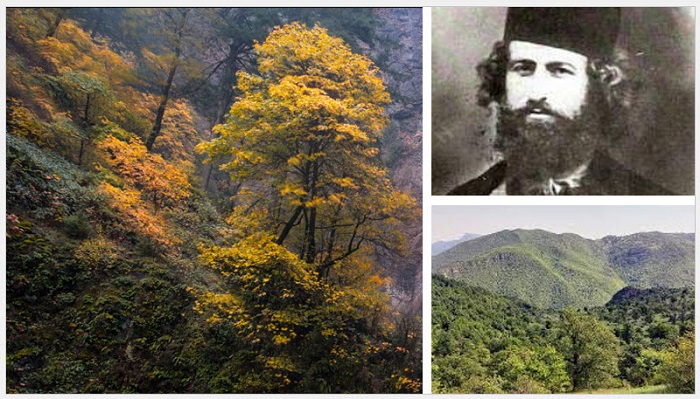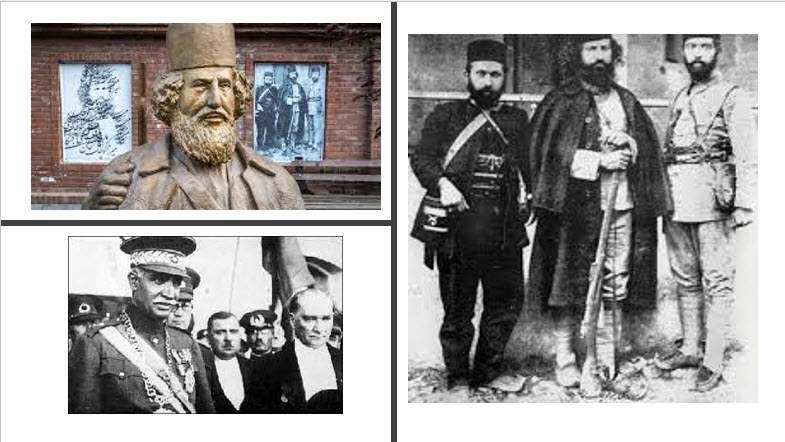
Historians consider him the country’s first president; however, his government was short-lived, and Reza Khan suppressed him with the help of then-British and -Russian states. Mirza established a new “Mojahedin of the forest” movement in collaboration with his allies in Tehran and northern areas. They began their operations by forcing Russian invaders to flee Gilan province.
Russian forces had unexpectedly occupied northern Iran and looted farms and people’s warehouses to fund its army at the time. Following Russia’s withdrawal in 1917, Mirza established northern Iran’s first republic government. The issue terrified then-Defense Minister Reza Khan, who was purging dissidents and preparing to lead a coup to become the next king.

Today, supporters of Reza-Khan portray him as the father of modern Iran. They purposefully ignore his heinous crimes against freedom-loving people like Mirza Kuchak Khan, Colonel Pesyan, Mohammad Khiabani, Rais-Ali Delivery, and Hassan Modarres, all of whom were murdered by the so-called father!
Reza Khan began eliminating regional states, including Gilan, before seizing power and establishing the Pahlavi dynasty. Reza Khan saw Mirza’s republic government as a significant threat to his ambition to become king. As a result, he employed local mercenaries to attack the Jangal movement.

Mirza and one of his last men, German-national Gauck [Hushang], eventually made their way to Khalkhal, east of the Caspian Sea. He wished to foment new divisions with Khalkhal ruler Azemat Khanom Fuladlu, one of his allies. On Friday, December 2, 1921, they were caught in a storm and died from cold and snow in the Talesh mountains.
Reza Khan’s forces discovered Mirza’s lifeless body while he was carrying Hushang on his shoulders. Mirza Kuchak Khan was eventually beheaded and sent to Reza Khan by one of his former allies and now traitor Khalu Qorban. Instead, Reza Khan rewarded the traitor by elevating him to the rank of colonel.
Indeed, Reza Khan is said to have eliminated Mirza and his republic government with the help of Britons. During World War II, however, another British Prime Minister, Winston Churchill, and allied forces deposed him and exiled him to Mauritius. Britons relocated him to several colonies before he died in exile at the age of 66 in 1944.








